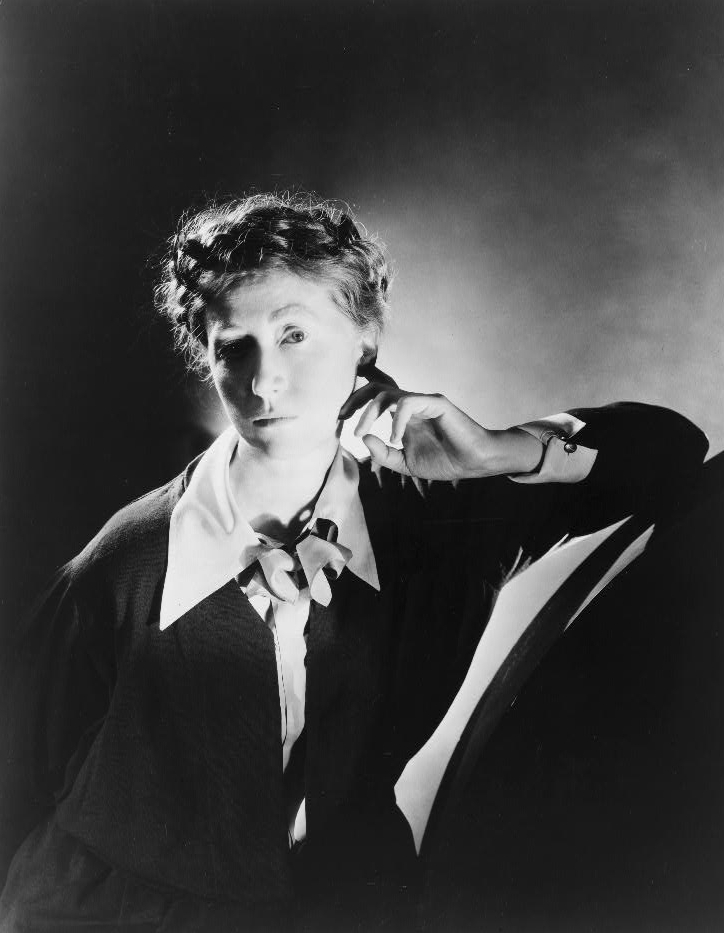Poetry is the art of language itself—the purest genre of literature.
It uses figures, diction, prosody, and other elements of literature more artfully than the other genres. Any of the other genres may aspire to poetry, making it unique. (One might consider examples of narrative, drama, and exposition as poetry if their language achieves a high degree of intensity.)
The epic, a subgenre of poetry, is a long narrative poem about heroic deeds. Homer’s Odyssey and Virgil’s Aeneid are famous epic poems of the classical period telling the story of the adventures of Odysseus and of Aeneas, respectively. Homer wrote Odysseus’ story in Greek verse, and Robert Fagles tries to echo the musical prosody of the original by writing his translation in English accentual verse.
Many dramas, particularly those written prior to the twentieth century, are also poems. Sophocles wrote his plays in verse, as did Shakespeare.
Even exposition may become poetry in the hands of a master such as Alexander Pope. Pope wrote his Essay on Man, a philosophical analysis of the place of man in the universe and a proposal for a system of ethics, entirely in rhyming couplets.
In the introduction, he explains why he wrote his non-fiction work as a poem, “… principles, maxims, or precepts, so written, both strike the reader more strongly at first, and are more easily retained by him afterwards” (Pope “The Design” XX).
Poetry is written to be remembered.
Lyric poetry
Lyric poetry is a subgenre of poetry distinct from narrative, drama, or exposition.
The lyric is a short poem, sung in ancient times by a poet playing a lyre. It expresses the poet’s point of view. The “I” in a lyric poem directly addresses “you” the reader or listener, telling the reader or listener about an urgent or important experience.
Contemporary singers generally write in this mode, and we call the words of their songs “lyrics.” So, a pop diva singing her heart out, strumming along on a guitar, is just another in a long line of lyric poets. This line stretches back for thousands of years—to at least the time of Archilochus (born 680 BC) and Sappho (born c.630 BC).
Click here to move on to learning about the Literary Periods.


